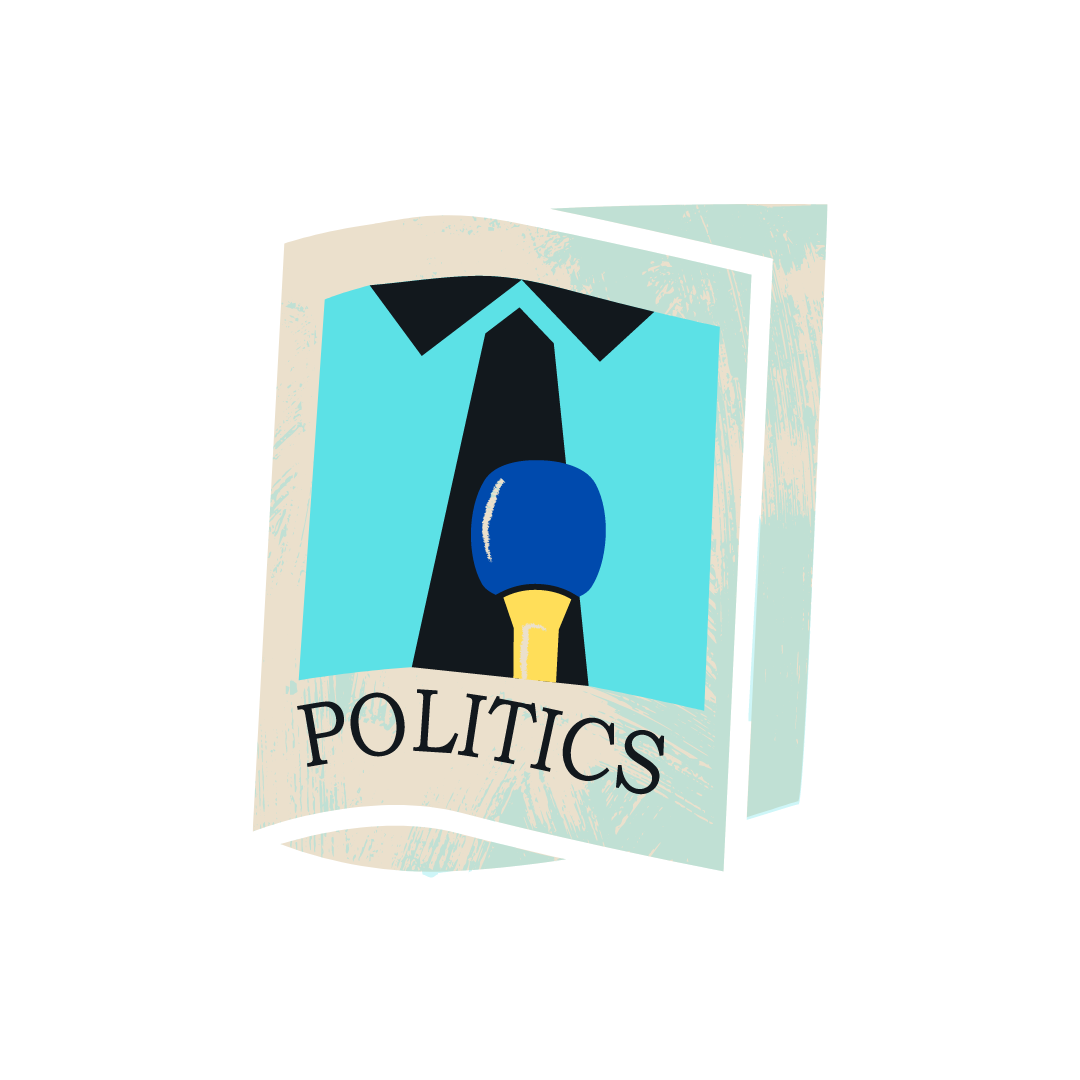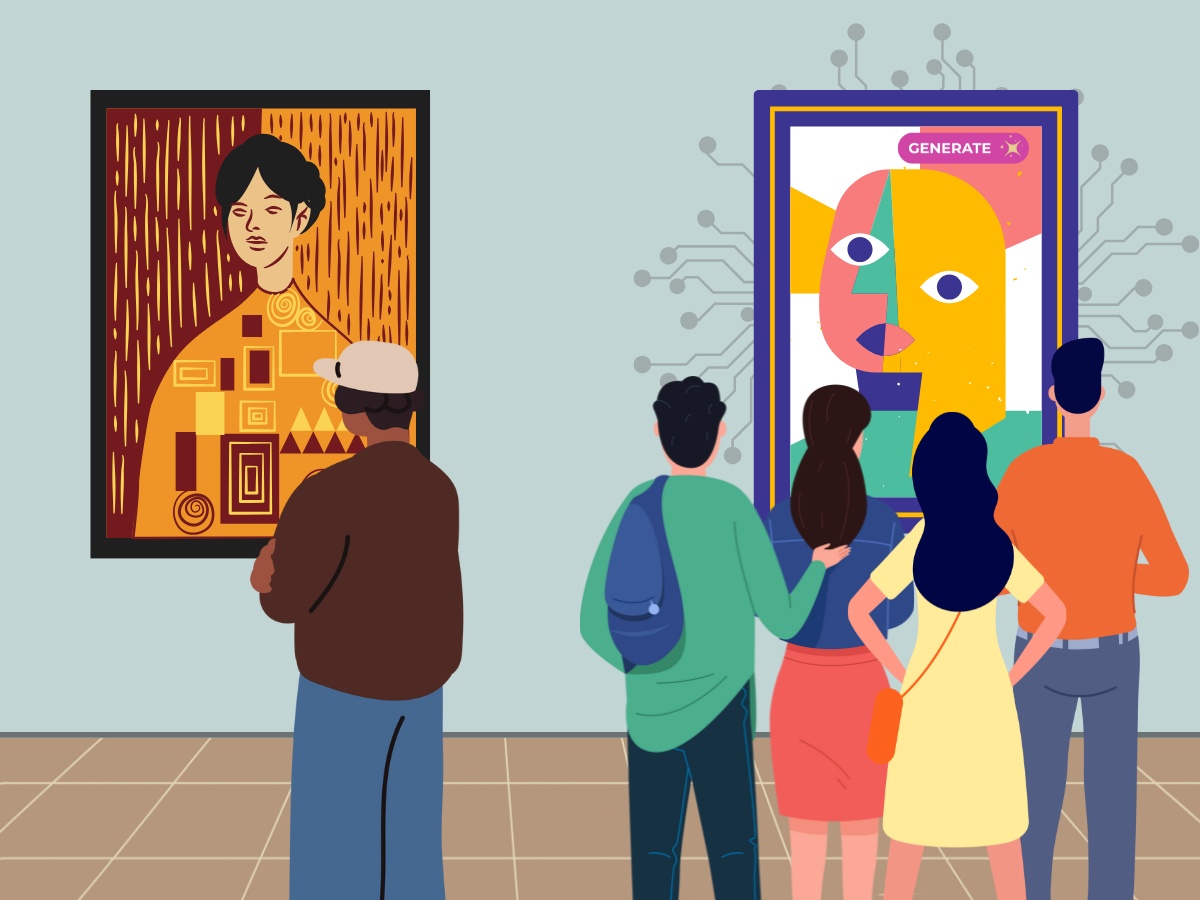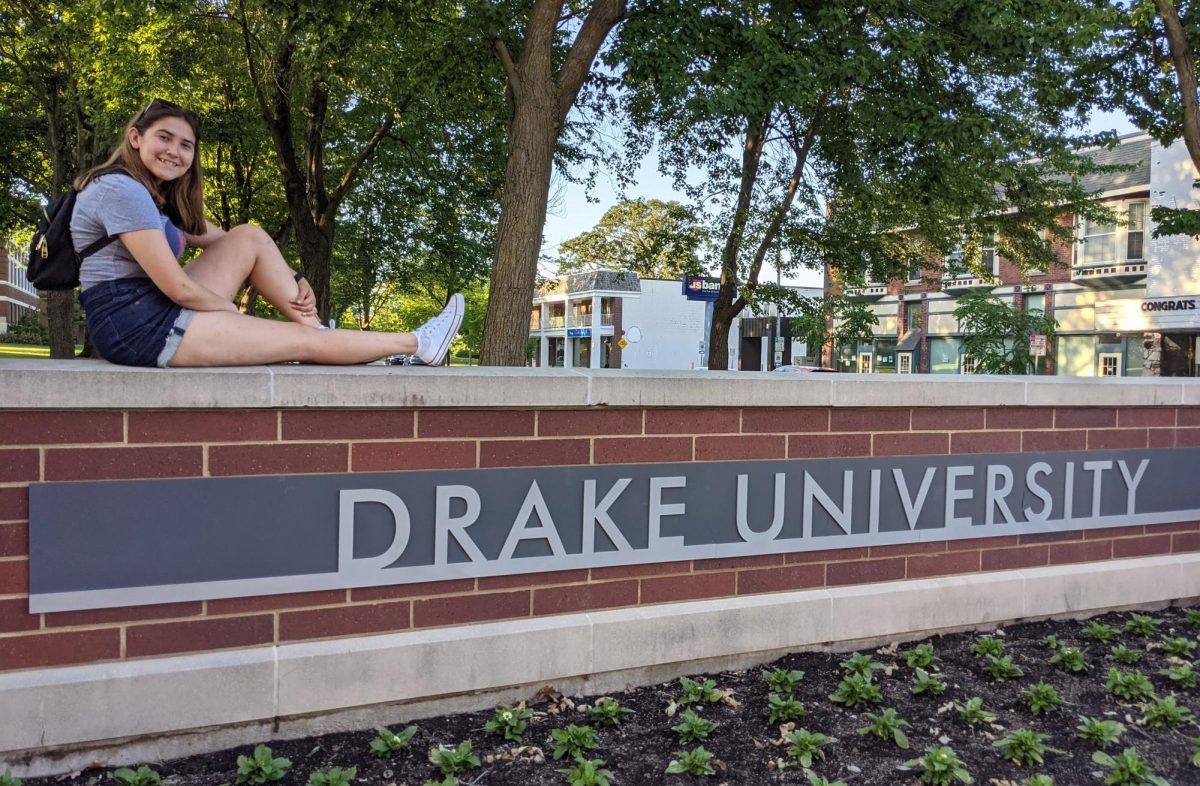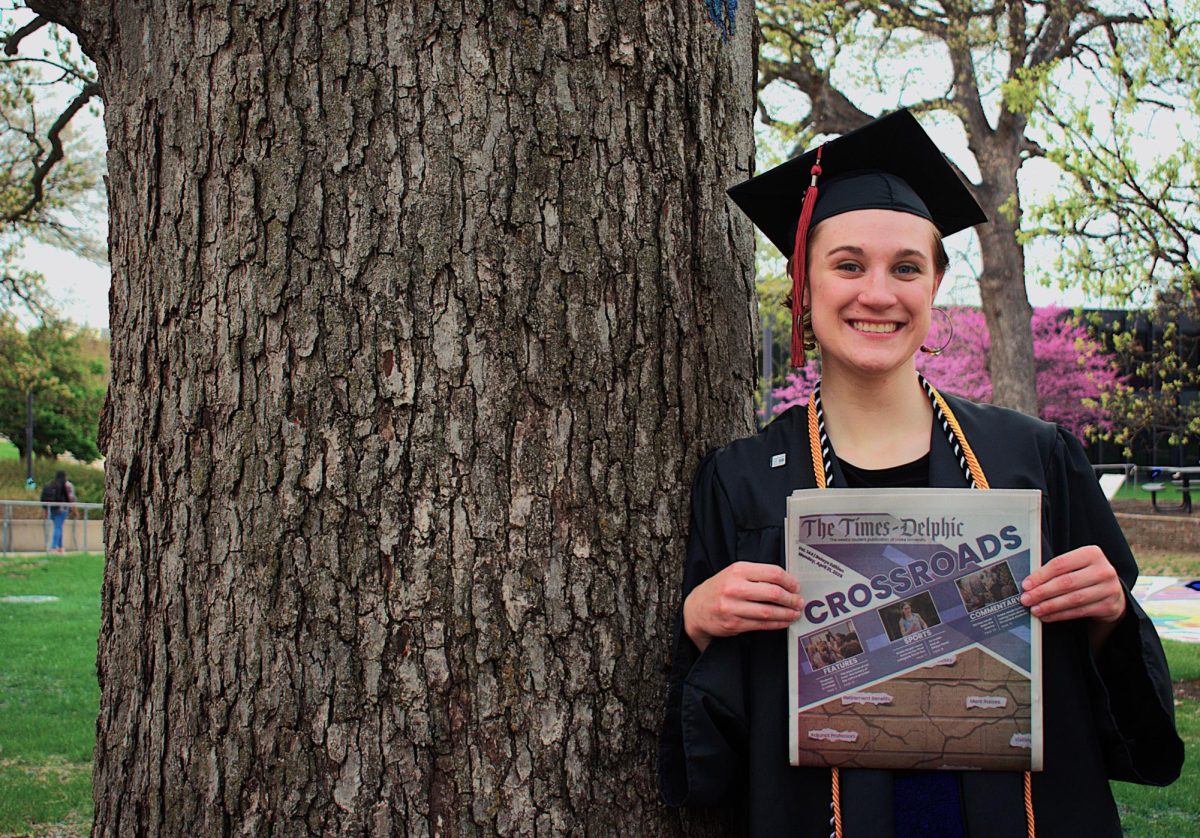One of the most comforting things I’ve ever heard a professor say at the start of a semester is, “Fair warning, some of the things that come out of my mouth won’t be politically correct.”
I know this is a strange thing to find comfort in — a sentiment that would cause others to tense — but my relief comes in my ignorance, in the many things I don’t yet know (or that change every day) about all the different politically correct subjects. So, if a professor can start a class by saying that they’re going to get things wrong, it feels like permission for me to do the same. The best way to learn is to make mistakes. Mistakes add nuance.
But what does it even mean to be “politically correct?” Generally, I understand it to be a term that signifies the use of inclusive and non-offensive terms. Something that makes everybody happy — a compromise, representatively agreed upon. But then, a representative can’t magically make their constituency completely agree.
For example, I was recently told that some people prefer to be referred to as “Black” rather than “African American,” yet I also have a distinct high school memory in which the opposite usage was requested by a classmate.
There isn’t a one-size-fits-all political correctness that will miraculously attest to the experience and preference of every group member. No one can make everyone happy — especially as social norms continue to evolve. Even feminists disagree on feminist values.
So then, how can anything be politically correct? And, relatedly, if something is politically correct, what’s the “political” part of it? Maybe it’s a testament to how politicized the distinction of groups has become. Or maybe it’s just a reference to what phrasing is most inclusive when legally referring to a group of peoples.
If the latter is the case, though, I’d be less afraid to “get it wrong” in classes. Politically correct terms would just be legal jargon used for the terms and conditions page that no one reads. But I believe my hesitation is more of a response to some truth within the former suggestion of politicized distinction. By this, I mean to refer to the concept of “wokeness.”
Wokeness is yet another term I know very little about but believe has a more forceful connotation to it than political correctness. Wokeness and cancel culture occupy a near-synonymous place in my mind — and there-within lies the cause of my hesitation: my silence in classes in which I feel everyone else knows so much more about what it is to be a person in this society. It’s a disparaging feeling, this fear of mistakes.
There’s a common line in TV shows that deal with controversial topics that goes something like, “Well, I don’t think you really need to hear from me (or others like me) on this subject.” This line is always said by someone who’s part of the in-group but is, when the line is spoken, amongst members of the out-group.
For example, during a conversation about women’s rights, a male character in a room full of like-minded women would abstain from providing his perspective out of fear of disagreement.
I’ve heard this line said in Hulu’s “The Handmaid’s Tale” and in Netflix’s “Anne with an E,” and I’m sure there’s an array of other instances. Upon first hearing the line, my gut reaction has been to shout — “Yes! Thank you!” — but now I’m wondering if such a response is a form of censorship. Socially enforced, dictating whether someone is allowed to speak about a certain topic based on their in-group membership.
In a time when the reluctance to sympathize with “the other side” is becoming less and less common, I wonder if sentiments such as this, not letting someone present their perspective, is hindering our ability to accept gray-area opinions.
Nuance is the solution to polarization, which means having distinguished middle-ground voices that actively make “mistakes.” We need the whole story, not just the parts that are politically correct.







